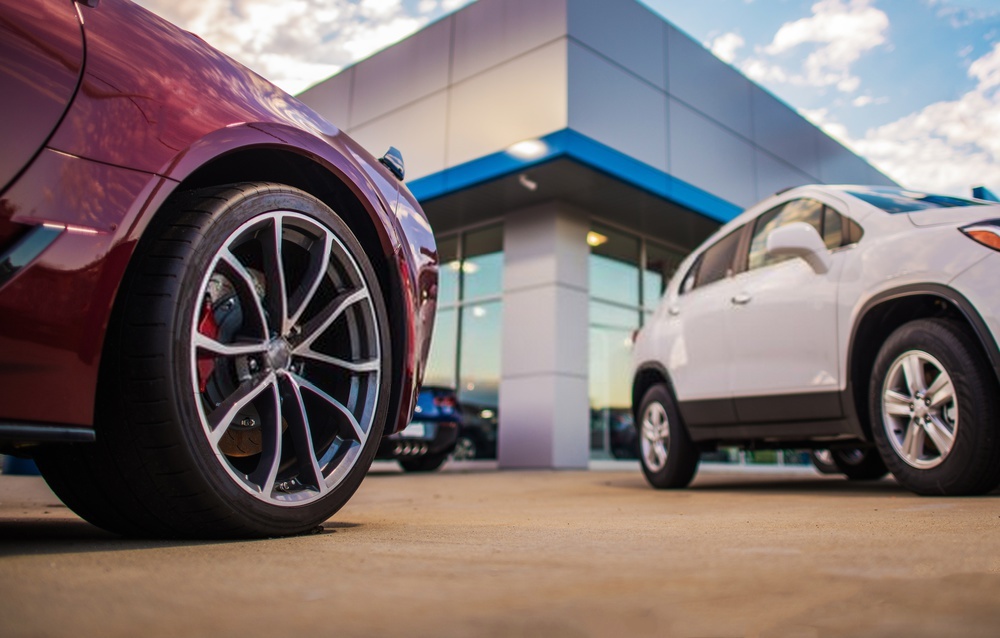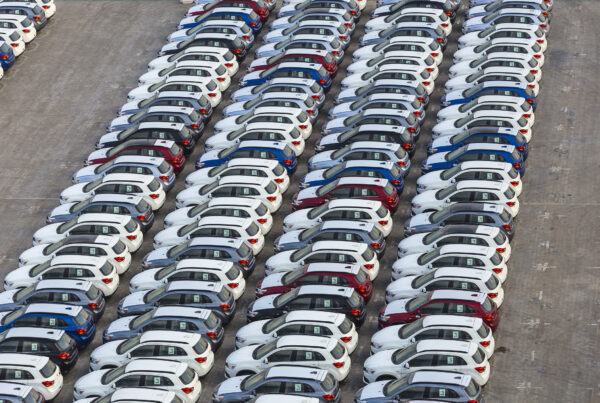Australian car sales have dropped 15.3 percent with only 80,639 new vehicles sold in 2021 compared to the same time last year.
The Federal Chamber of Automotive Industries (FCAI) has revealed in their latest new-car sales report that decline in sales is a direct result of chronic global supply chain issues.
“This includes constraints around microprocessor supplies as well as the ongoing impact of the pandemic restricting factories,” said FCAI Chief Executive Tony Webber.
“Car makers are competing with many other sectors, such as white goods manufacturers, for microprocessors across the globe. Some new vehicles sold in the Australian market can require up to 3,000 of these parts, so this shortage is definitely being felt by the industry.”
Western Australia (7,081 units sold), Queensland (16,001 units sold), and Victoria (21,445 units sold) had the biggest slump in car sales records for the month with about a 20 percent decrease from last year.
Meanwhile, Tasmania recorded 1,450 vehicles fold (down 12.8 percent), South Australia sold 5,052 units (down 10.6 percent), the Northern Territory saw 714 vehicles sold (down 8.5 percent), while the Australian Capital Territory recorded 1,406 new cars sold (down 2.1 percent).
The Passenger Vehicle market showed the biggest decline of -18.7 percent over the same month last year with 3,879 vehicle sales. Meanwhile, the Sports Utility Market is down by 10,283 vehicle sales ( down 20.6%) and the Light Commercial Market is down by 1,030 vehicle sales ( down 4.8%). Only the Heavy Vehicles segment went up with 626 units sold (up 19.4 percent).
For this month, Toyota is the market leader with a total sales volume of 15,239 units or a market share of 18.9 percent. Hyundai came in second with 6,854 units sold for a market share of 8.5 percent followed while Mazda placed third with 5,295 units sold for a market share of 6.6 percent.
The Ford Range is the best-selling model for the month with 4429 units sold (up 4 percent from last year), followed by the Toyota Hi-Lux at 4228 units sold (down 16.1 percent), and by the Hyundai i30 with 2254 units sold (up 10.1 percent from last year).
Rental providers, on the other hand, have seen a 90.7 percent increase in their sales figures from 2020.


















